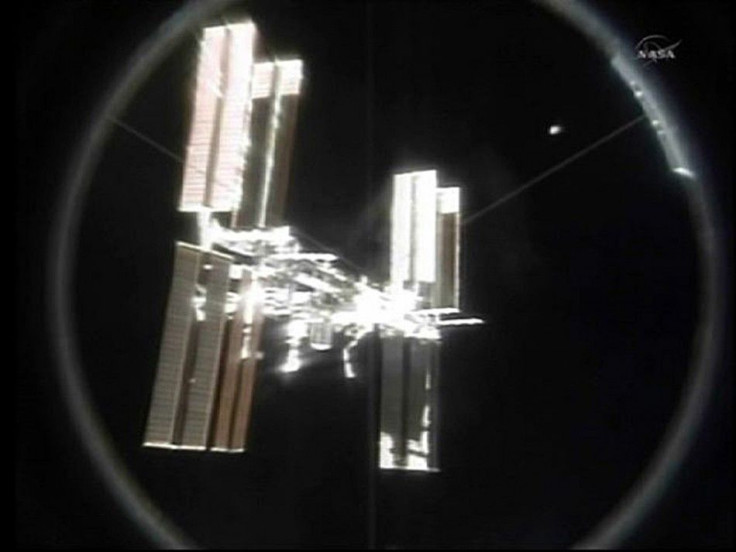Russia Plans to Dump International Space Station in Pacific Ocean

Once the International Space Station has finished its celestial journey, it will head to a new great unexplored region: the floor of the Pacific Ocean.
A similar fate awaited Mir, its predecessor, which was committed to its watery grave in 2001, after spending 15 years in space. Essentially, Russia and its partners are trying to avoid littering. Space waste is becoming an increasingly visible problem, with a stray piece of debris narrowly missing the space station last month.
"After it completes its existence, we will be forced to sink the ISS," said deputy head of Roskosmos space agency Vitaly Davydov. "It cannot be left in orbit -- it's too complex, too heavy an object, it can leave behind lots of rubbish."
The problem of galactic garbage is not a new one -- NASA even has an orbital debris program whose efforts encompass everything from reducing the amount of debris released into space, to designing satellites that are better suited to survive collisions. Much of the debris floating in near-Earth space is jettisoned components of old rockets and satellites.
"The orbit [the International Space Station astronauts] are flying in is the worst possible," said Christopher Kraft, a retired director of NASA's Manned Space Flight Center. "The Russians blew up all kinds of things in that damned orbit. So there are thousands of pieces in that particular orbit,"
The ISS has exceeded its estimated 15 year lifespan, set when the international space hub was launched in 1998.
Now that NASA has ended its shuttle program, American space exploration faces an uncertain future. The burgeoning private space industry is working to develop spacecraft to transport astronauts to the International Space Station and eventually the moon, but until then astronauts will need to pay Russia up to $56 million per seat for flights to the International Space Station. Davydov said the Russians and the Americans would be competing with each other to build the next generation of shuttles, using a phrase that invoked a Cold War-era mentality.
"We'll race each other," he said.
© Copyright IBTimes 2024. All rights reserved.





















